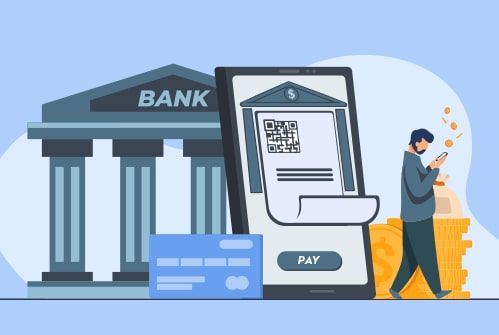170 reads
What Does the Future Hold for Mobile Money?
by
August 26th, 2020
Nikunj Gundaniya, Product manager Digipay.guru, one of the leading wallet app development company.
About Author
Nikunj Gundaniya, Product manager Digipay.guru, one of the leading wallet app development company.
